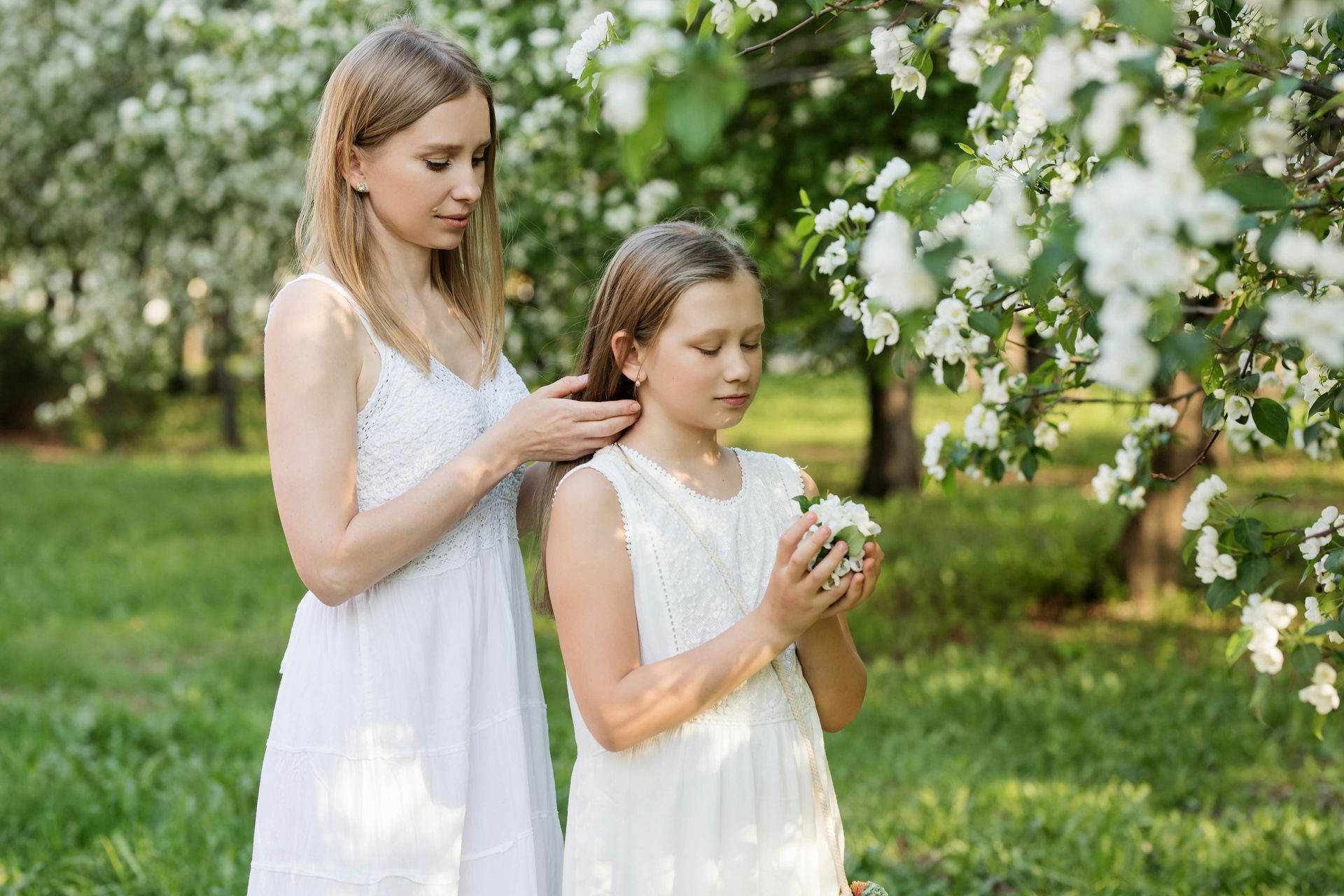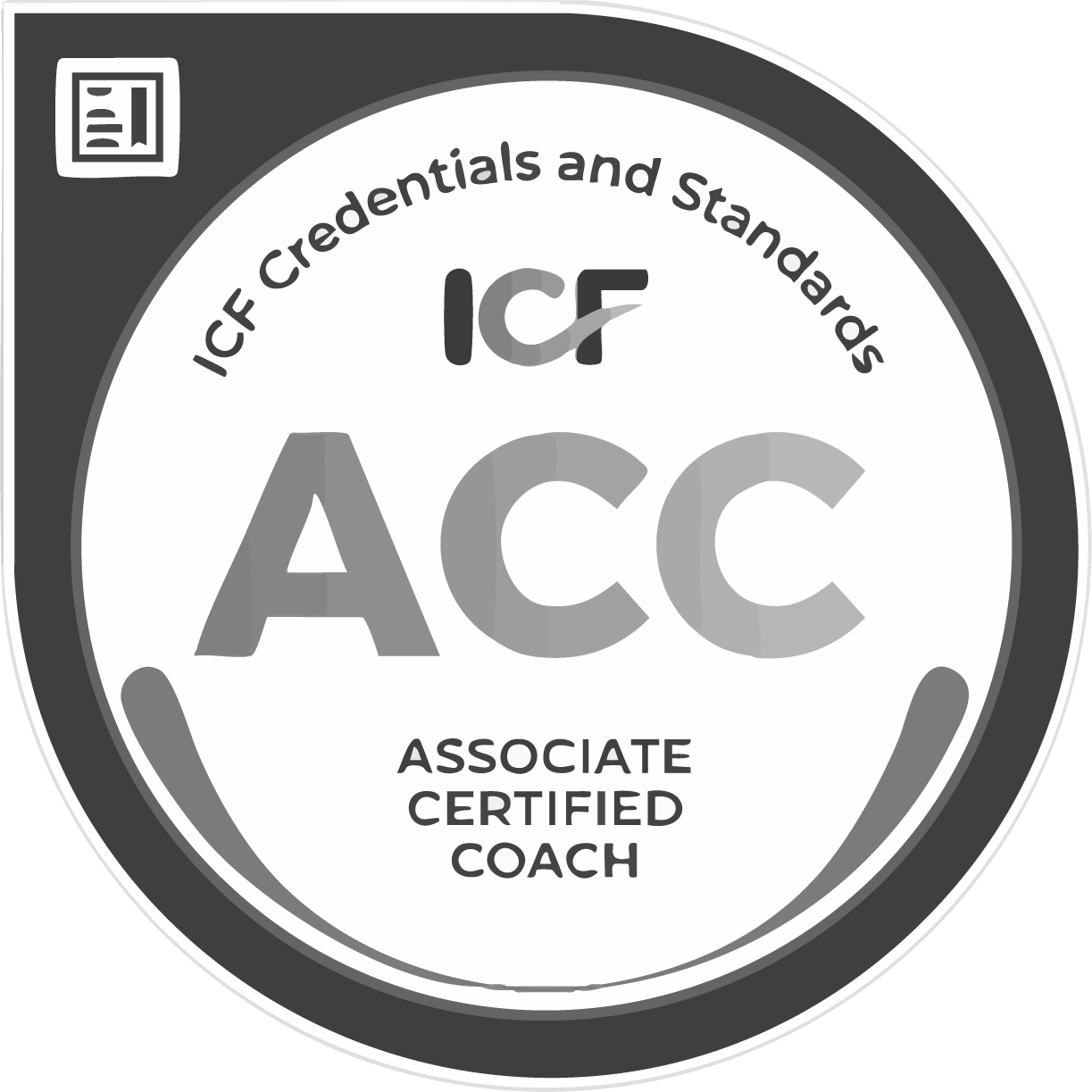The Legacy of a Stepmother.
“I had a vasectomy,” he said instead of hello.
Holding the phone to my ear, my face felt hot and my stomach lurched into weightlessness, as it does at the crest of a rollercoaster. It had been six months since Tyler and I last spoke—a break up necessitated by an unsolvable problem between us: I wanted kids of my own and he already had two, a number he resolved to stay at.
“Okay,” was all I could muster as I found my footing; I had called to reconcile. And while I understood that getting back together meant giving up children of my own, in the abstract, it felt very different from the sudden physical finality of it. It stunned me: I would never be called mommy.
His lack of sensitivity was not to hurt me, it was to protect me: I was 32 and couldn’t afford to spend my remaining fertile years with a man who would never give me a baby, if a baby was what I wanted. To be with him was to risk an irrevocable kind of regret—a regret he wouldn’t dare be responsible for. It was one of the things I loved about him, his unwavering regard for integrity, his ability to hold me accountable, and his powerful instinct for protecting the people he loved.
I had spent those last six months in a tortuous emotional bind: aching over wanting to be with Tyler, and despairing over the choice between him and a child of my own. “If I make it through the next two nights, I will have made it a month without speaking to him,” I’d written in my journal, like I’d be given some chip for my commitment and that it would get easier. It didn’t.
There was no right answer, either choice incurred a loss: I would have to choose and I would have to grieve. I decided that I loved Tyler more and that the experience of parenthood—of being a Stepmom—would be enough. And I decided all of this, never having met his kids; a gamble that left me feeling reckless.
It was May, a few weeks after the youngest 7th birthday, two years after Tyler and I began dating. At ages 7 and 8, I had already missed so much. The plan was to go for a bike ride and after that I would teach them to make candles, Mother’s day gifts for their mother and grandmother the following weekend. Eager to make a good first impression, I asked Tyler what the boys liked that I could bring? Gum. Like a tentative petting zoo patron, I entered the threshold of their house timidly, approached slowly, and held out the two packs of gum, an invitation to come closer. The youngest snatched it and ran to his room.
Crossing the distance from dad’s girlfriend to Stepmom would be a long march of awkward moments under the shadow of my internal strife—the shadow of the life I didn’t choose, the life of a child calling me mommy.
I was desperate to fall in love with these boys, to feel as though we were as deeply connected as if on a cellular level, a truth I resented of the biological parents. Would we ever love each other the way mother and child do—unconditionally and forever? But I had made a choice and a commitment to Tyler—and I was serious about making it work. I already had one failed marriage and was more highly evolved this round, “Relationships are work,” became my refrain. And this included my relationship with these boys.
It was the era of Stay at Home and I became a trove of childrens crafts and activities. We made candles, tie dye t-shirts, socks, bags, and towels. We made macrame plant hangers, ornaments, and decorated cookies. The boys were borderline maniacal in their enthusiasm. The day of the candle-making, playing teacher was like swatting bees away from your food: they just kept buzzing back over where they weren't supposed to be. “Hey—put that down!” I shouted at one as the other sprinted around the table carrying scissors with hot wax on the stove mere feet away. “Wait! What-are-you-doing?!” While trying to rein in one, the other started using my hole puncher to make a flying mess of mini paper discs. I erupted with a mandate: “ALRIGHT!—everyone has to sit on their hands and grab their buttcheeks until I give the next instructions.” They giggled as giddy as the next best gaggle of girls. My method was working.
My knowledge graph for parenting was rich. I had so many models of it that I loved and respected and benefited from in my own life: my mother, who indulged my curiosities and teased me relentlessly; my elementary teachers, who made me fall in love with school and held me accountable for my behavior without crushing my spirits; my many athletic coaches, who taught me about grit and community, without ever uttering those words. All of this left me with a warm and specific ethos of the parent I would strive to be—and I stepped into Stepmotherhood eager to take my turn.
“My mom folds our socks for us,” Hayes, the older one, protested as I handed them a fresh pile of clean clothes to fold. There was a palpable tension and a pause as he waited for me to scoop up the work just handed to him. “That’s so great for you,” I said. “Here, you’ll have to fold your own socks,” I continued with a smile as I mentally extinguished the bait, the temptation to want to be liked, to want to be like his mom. This was a tension I would have to navigate many times—that of holding the line with wanting to be liked, with wanting to be a mother, despite not being their mom. The smoke billowed between us.
The younger one, Parker, in second grade at the time, couldn’t read. Between the chaos of divorce, a high conflict co-parenting relationship, and the challenges of sudden single parenthood, it had gone undetected. The solution irked me when I heard it: a one hour outsourced reading coach twice a week. To me, this was not how you became a proficient reader. So I took up the job myself. I ordered the box set of Mo Williams Elephant and Piggie, and we started there, reading out loud for 20 minutes a day, every day. By summer we moved on to Roald Dahl's The Magic Finger and Fantastic Mr. Fox, crawling forward 5 pages a day as we worked word by word, line by line, page by page. “It doesn’t make sense!,” he would say as his face crumpled and quivered into a red ball of tears. “I know this is hard, and I also know that you can do it,” I would reply with equal parts empathy and the expectation that we would not quit because of the tears; it was a long 20 minutes for both of us. I beat the drum of a ‘growth mindset’ and ‘doing the work’ into his small ear. I fought my own frustrations about the time and effort and deep wells of patience it took to do this work. The resentment built anyway.
Sometimes when I’d look at the boys, as they fought with me about reading and thank you cards and laundry, wishing they were anywhere else, maybe even their mother’s, I felt wronged and self-righteous: I am doing all this work and for what? Who will I be to them years from now? What will I mean to them? What is the legacy of the Stepmother? It haunted me.
A biological mom doesn’t have to earn her firsts. First laughs, first words, first steps—they’re inalienable rights. In the beginning, I railed against the grief over all that I would never have. I hadn’t considered all of the firsts that I would. The first time I rocked Hayes to sleep as he clung to me crying, nursing his broken heart. His parents had just had a regrettably nasty exchange on speakerphone in front of him, “Why?” he sobbed into my arms. “I’m so sorry,” I said as I held him. The first time Parker came to my side of the bed to wake me up in the middle of the night, he had growing pains in his legs. I ushered him back to his bed and crawled in with him to rub his legs until he fell asleep, just like my mom used to do. I tucked him into bed and as I closed the door, a faint small, “love you,” floated through the dark to me; it was the first time.
Petal by petal, our hearts bloomed open towards each other. We snuggled for movies and kissed goodnight; we had inside jokes and made fun of Dad.
There are moments that touch you, and there are moments that pierce you—the night of my 35th birthday was one of those. At dinner I opened cards from Tyler and the two boys. “Thank you for being compassionate and patient with the day to day trials and tribulations,” Tyler wrote, touching a tender need of mine: to be recognized as a formidable partner and parent. And then I read Hayes’ card and the final line read:
“I can’t wait to spend the rest of my life with you! Love you, Your favorite stepson.”
He didn’t understand why I broke down in tears, my heart cracking open from his pure and earnest words. While I’d been busy in my head tortured by what it all meant, he’d accepted me into his heart. He came around the table to hug me, followed by the youngest Parker, followed by Tyler. They wrapped their arms around me, weaving us together into one big hug, into a family.
“We love you,” Tyler said.
I surrender to the facts of biology and adopt a higher understanding: that it’s through the heart and not the genes, that you become indelibly forever.





